Abu Yehya and his two sons awoke to the sound of bombing in the early hours of Monday morning. A dozen blasts, one just a few hundred metres away, sent them into the streets of Beirut’s southern suburbs.
They walked for four hours, bleary-eyed,…
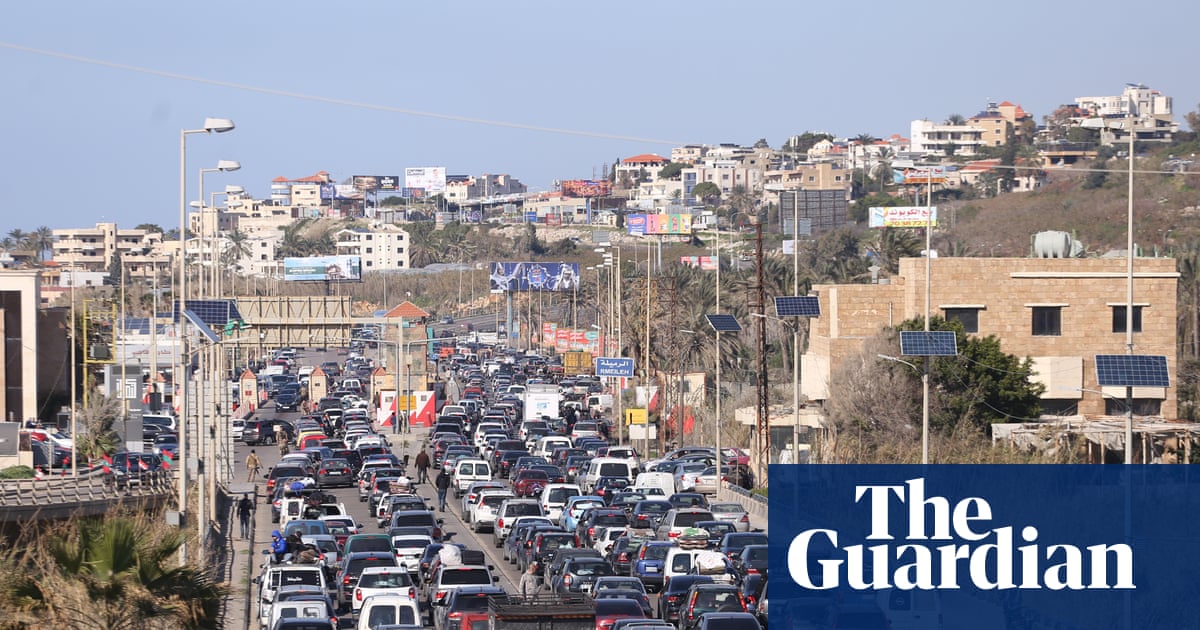
Abu Yehya and his two sons awoke to the sound of bombing in the early hours of Monday morning. A dozen blasts, one just a few hundred metres away, sent them into the streets of Beirut’s southern suburbs.
They walked for four hours, bleary-eyed,…
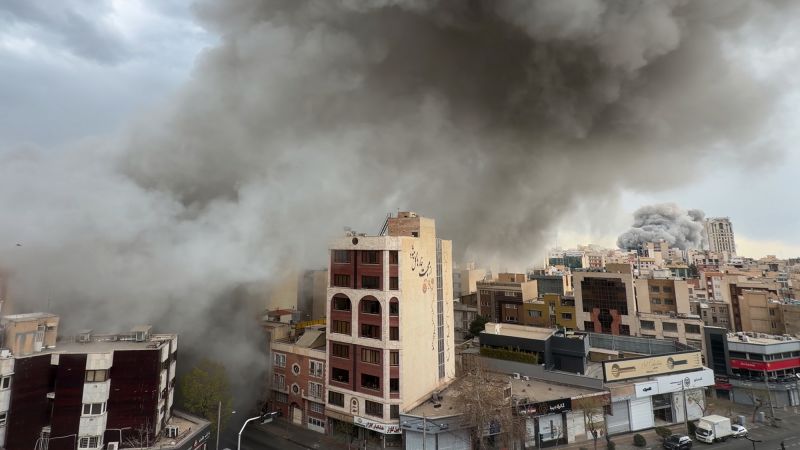
UAE leaders walk through Dubai…
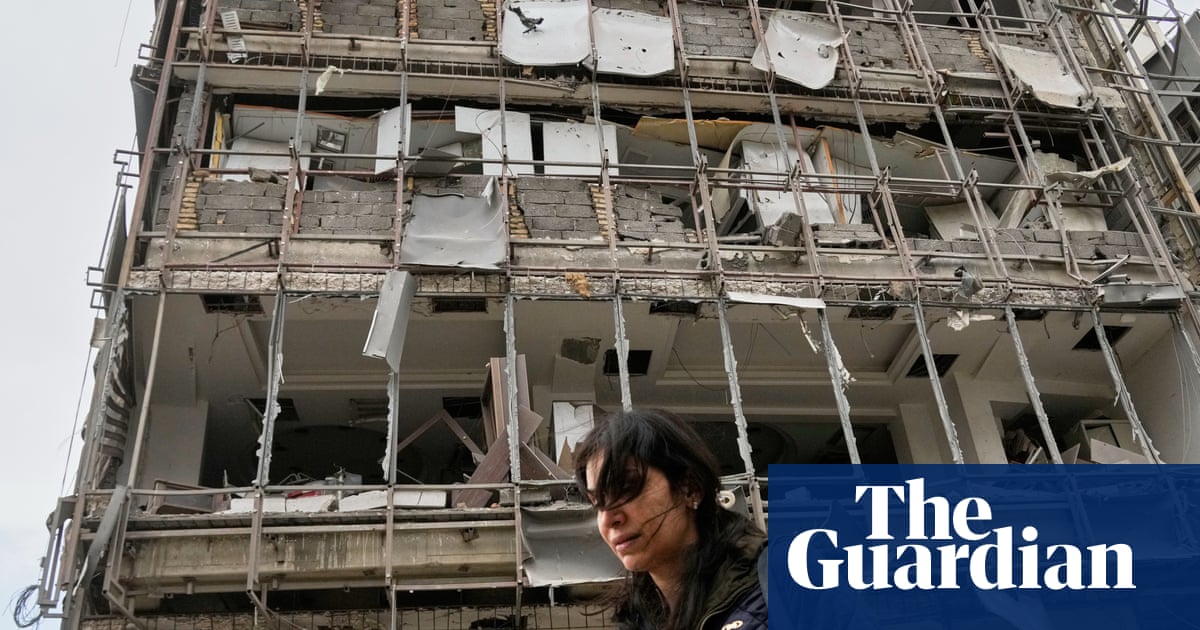
The US and Israeli attacks on Iran have lit the touchpaper in the region once more. The UK did not take part in the initial strikes but said on Sunday that it would take part in “defensive action”. With the shadow of the 2003 Iraq invasion…
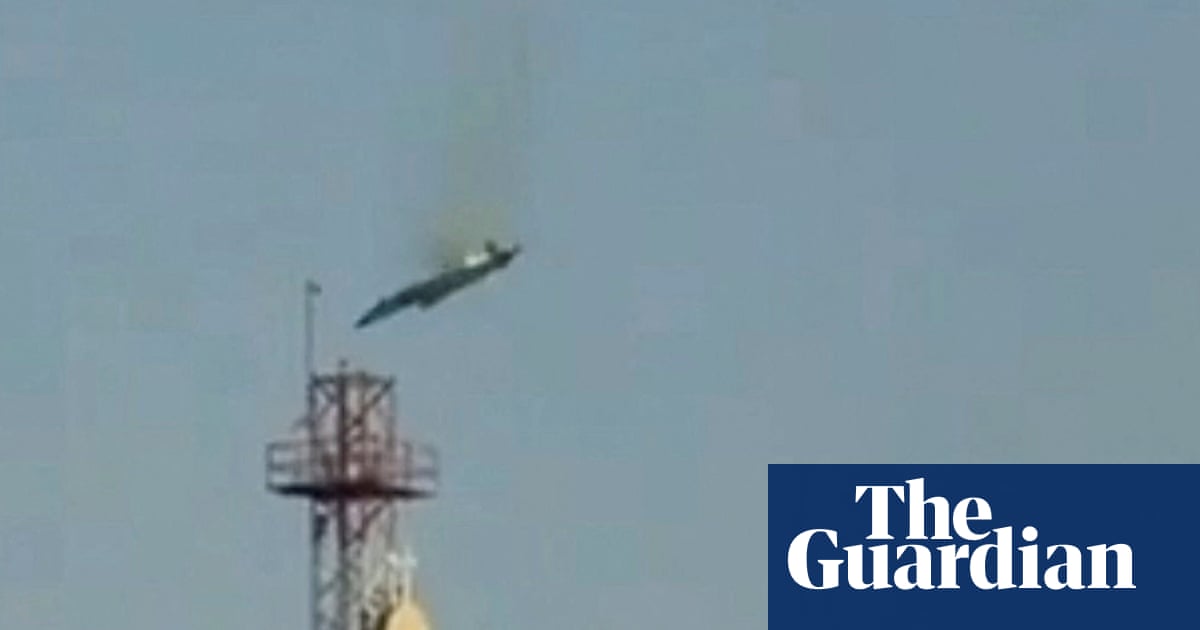
Three US fighter jets were mistakenly shot down over Kuwait early Monday in an apparent “friendly fire” incident, military officials said. All six crew members ejected safely.
According to a statement from US Central Command (Centcom),…

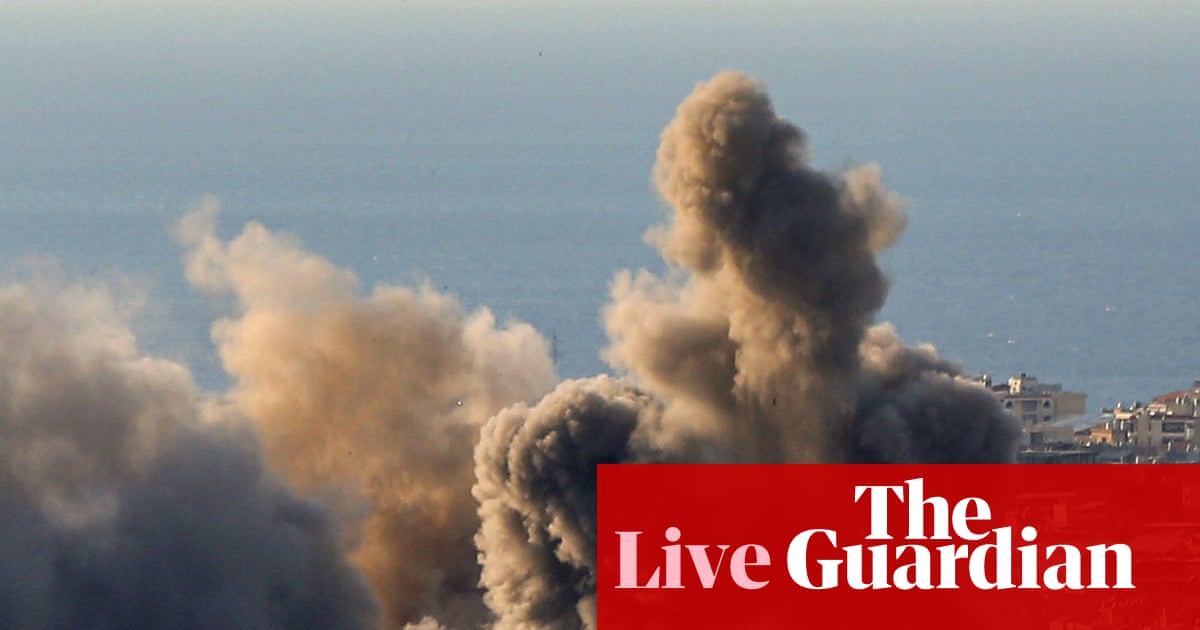
Lucy Campbell
US president Donald Trump says the US is already “substantially ahead” of its time projections.
He says they projected four-five weeks at the beginning, but adds they have…
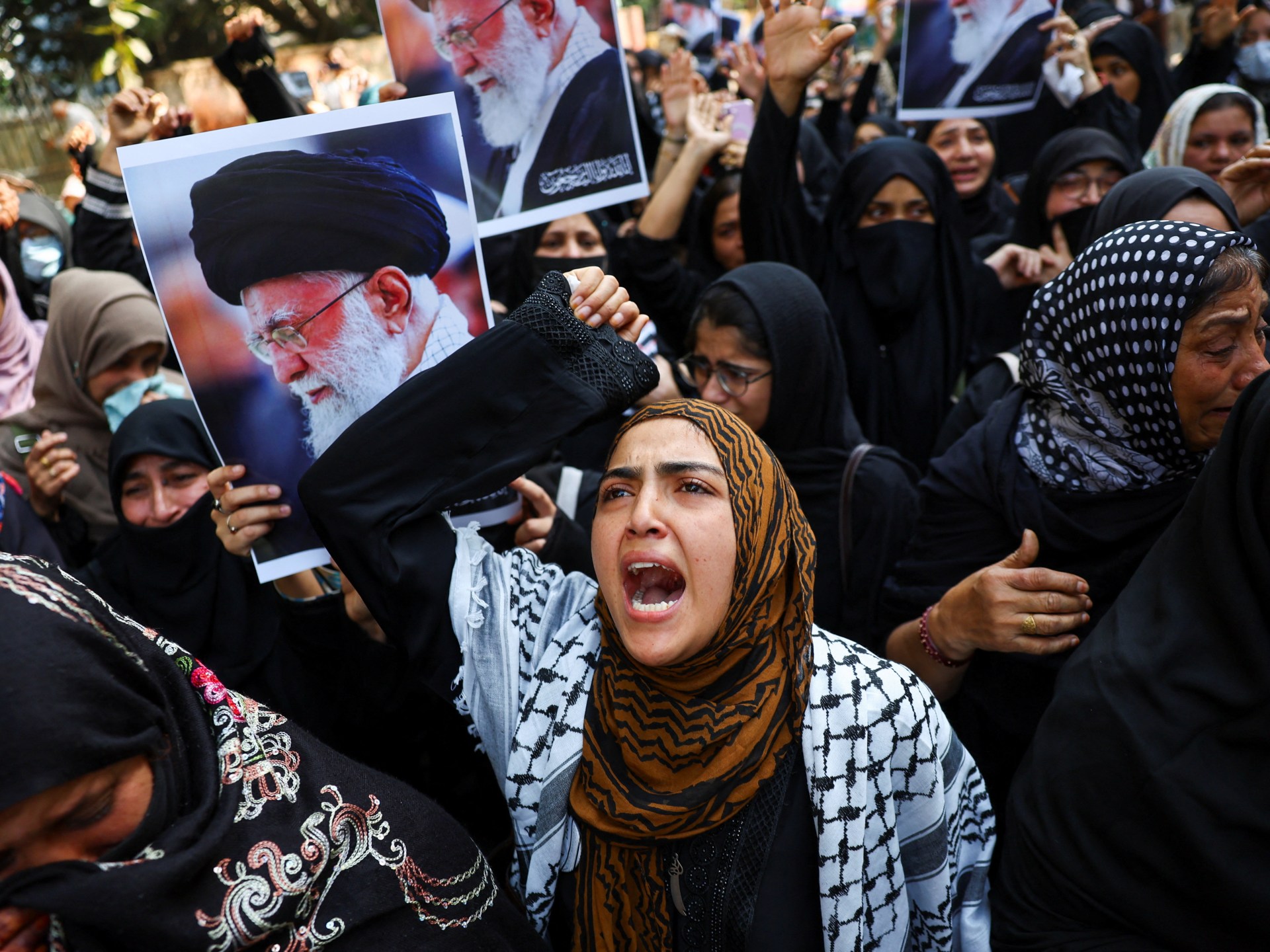
Published On 2 Mar 2026
Protests have erupted in several parts of India following the killing of Iran’s Supreme Leader Ayatollah Ali Khamenei in a…